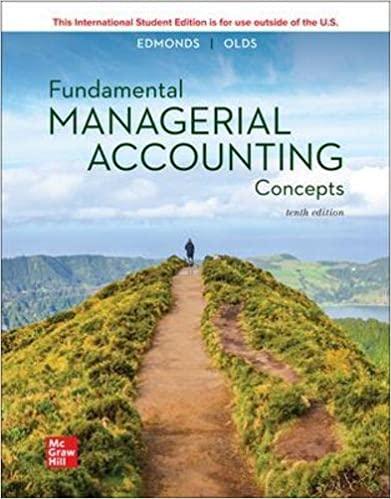Question
1. Like-Kind Exchange Miscues Investors often use the like-kind exchange provisions in the tax code to defer recognition of gains when they want to dispose
1. Like-Kind Exchange Miscues
Investors often use the like-kind exchange provisions in the tax code to defer recognition of gains when they want to dispose of an asset. These are complicated transactions which has lead to a small industry being created just to meet the requirements of the provisions. Unfortunately, there are two requirements of like-kind exchanges which are often messed up. If messed up, these result in nullifying all or part of the exchange benefit. (a) What are the requirements for like-kind exchange treatment for real property? For personal property? (b) Of those requirements, which do you believe would be the two which are most often messed up, thereby nullifying all or part of the gain deferral?
2. Residence Sales
Discuss the how residence sales are treated under the tax law. You may want to refer to Section 121 of the tax code and to the IRS publication 523. What are the requirements for it to qualify as a "residence" sale? What are the limitations? Why does the law provide this benefit to taxpayers? What if the taxpayer has more than one home, can 2 or more homes qualify? What is the 2-year rule all about?
Step by Step Solution
There are 3 Steps involved in it
Step: 1

Get Instant Access to Expert-Tailored Solutions
See step-by-step solutions with expert insights and AI powered tools for academic success
Step: 2

Step: 3

Ace Your Homework with AI
Get the answers you need in no time with our AI-driven, step-by-step assistance
Get Started


